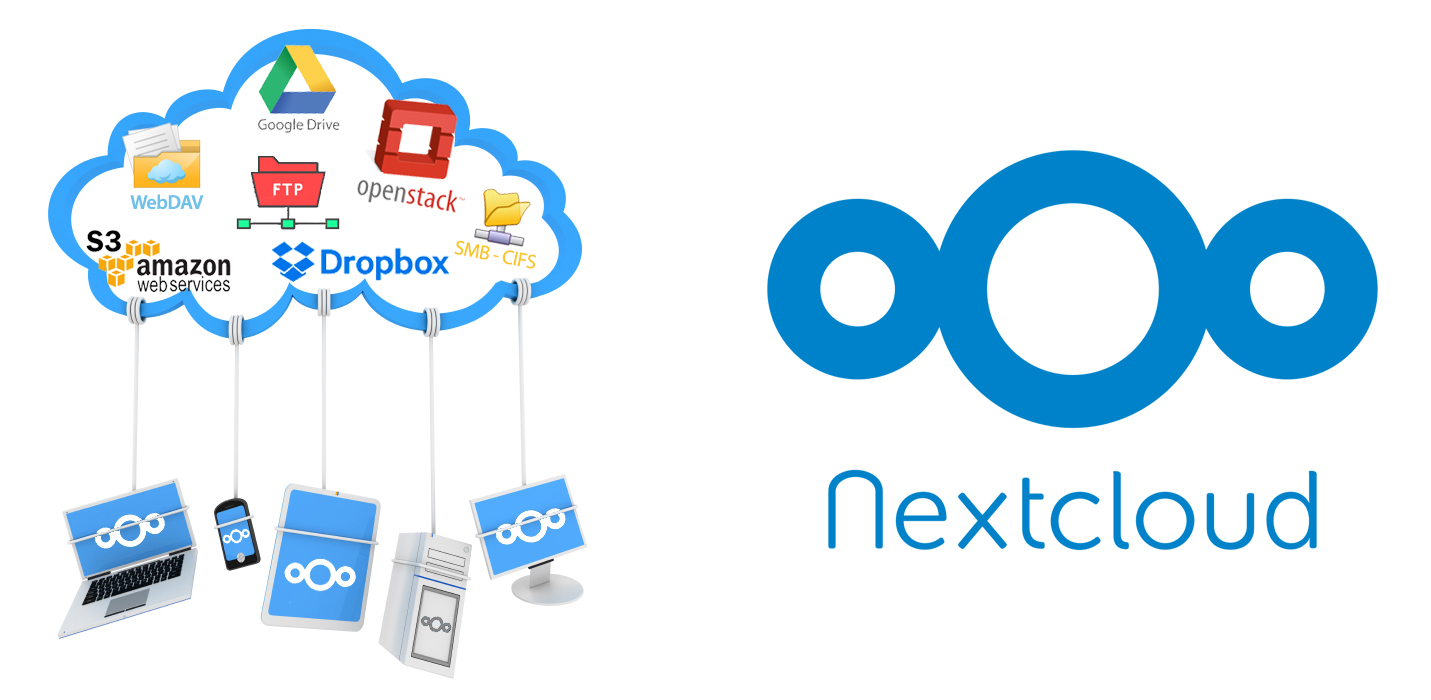Deploying Nextcloud on Docker: A Cost-Effective Self-Hosted Cloud Solution
As part of a recent client engagement, I successfully designed and implemented a self-hosted Nextcloud solution using Docker containers. The goal was to provide the client with a secure, scalable, and private alternative to commercial cloud storage and collaboration platforms—while significantly reducing recurring subscription costs.

Project Overview
The client required a centralized platform for file sharing, team collaboration, and document management—without relying on third-party SaaS providers. After evaluating various options, Nextcloud was selected due to its rich feature set, strong open-source community, and enterprise-ready capabilities.
To maximize flexibility and ease of deployment, the solution was built using Docker containers, offering:
- Simplified installation and updates
- Resource isolation and portability
- Easy scaling and service management
Key Components and Configuration

The Docker-based Nextcloud stack included:
- Nextcloud container – core application with custom configuration
- MariaDB or PostgreSQL container – for handling database storage
- Redis container – to boost performance with memory-based caching
- Nginx reverse proxy – with SSL termination for secure access
- Let's Encrypt – for automated HTTPS certificate management
- Persistent volumes – for reliable data storage and backup
The architecture ensures modularity, scalability, and secure access both internally and remotely.
Integration and Extensibility
Nextcloud's flexibility allowed integration with other open-source tools such as:
- OnlyOffice or Collabora for online document editing
- LDAP for user management
- Calendar and contact synchronization
- End-to-end encryption, activity logging, and external storage mounts
This holistic setup created a complete collaboration suite—entirely under the client's control.
Tangible Business Value
- Over US$2,000 saved in short-term subscription fees, previously spent on commercial storage and collaboration tools.
- Ongoing cost savings expected to compound over time as the client continues using and expanding the platform.
- Data sovereignty and privacy fully retained, eliminating reliance on third-party cloud providers.
Conclusion
This Nextcloud-on-Docker deployment demonstrates how powerful open-source technologies can replace commercial software at a fraction of the cost—without compromising on features, usability, or security. It provides the client with long-term control over their data and a scalable foundation for future integrations.